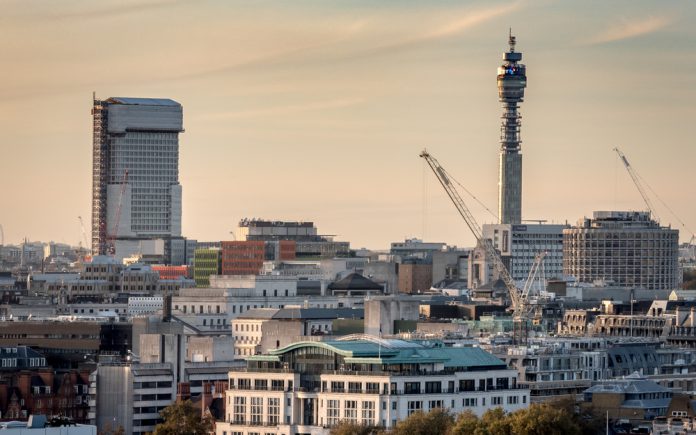Competition regulator Ofcom has prohibited EE and BT (LON:BT.A) from bidding for more 4G range, after concerns over the lack of competition in the mobile network industry.
BT acquired EE after agreeing a takeover bid of 12 billion last year, becoming the UK’s largest mobile phone operator and owning 45 percent of the UK’s usable mobile spectrum. Conversely, its competitors own considerably less, with Vodafone at 28 percent, 02 at 15 percent and Three UK at 12 percent.
In a statement, the regulator said:
“Ofcom is concerned that, if these immediately usable holdings were to become more unbalanced, this could harm competition in the next few years. If BT/EE were to acquire all the 2.3GHz being awarded, it would have almost half of the immediately usable spectrum in the market.”
Despite the decision, Ofcom will not prohibit EE and BT from bidding for more 4G spectrum in the second round of biddings of 3.4GHz, which is set to be a critical prerequisite for the development of 5G services across Europe.
Regarding the future auction, Ofcom tweeted of the plans this morning:
Today we announce plans to auction more airwaves, in order to help meet demand for future services such as #5G: https://t.co/m6hXMYAWX8
— Ofcom (@Ofcom) November 21, 2016
Its competitor, Three UK was particularly underwhelmed by the actions taken by Ofcom. Dave Dyson the chief executive of Three in the UK commented:
“Ofcom exists to promote competition and protect consumers but it has once again shown it is not willing to make the big decisions needed to deliver the best outcome for the UK,”
“It has allowed BT and Vodafone to stockpile valuable mobile airwaves and put genuine choice for consumers at risk. A 30% cap on total spectrum ownership and a spectrum reservation for smaller operators are the only measures that will preserve competition for the benefit of UK mobile consumers.”
Ofcom is a UK-operated independent regulator of competiton in the communications industry.

